Despite progress on combating child labour, children still work in Jordan, especially in the agriculture sector. In that context, in 2011, the U.S. Department of Labor and the ILO implemented the project “Moving Towards a Child Labour Free Jordan”. The objective was to improve the coordination of the National Framework to Combat Child Labour, which includes enhancing child labour case referral systems and creating a database to capture children who have been employed illegally. This way, children can be identified to receive help from government ministries and public bodies.
Child labour had already been a reality for Jordanian children, due to poverty and a lack of opportunities for working families, but the war in Syria in 2013 worsened the problem. The sudden influx of 1.5 million people in a society of 7 million (an increase of 20% of the population), overloaded schools, infrastructure, and services. On top of that, the country was forced to quickly manage new policies and absorb the additional population into the labour market.
A family's garden in a refugee camp outside of Amman
The project created a child labour working group headed by UNHCR and UNICEF. (The ILO, for its part, contributed knowledge around international standards and experience in addressing child labour.) Both agencies started bringing together different actors, essentially bridging the gap between the short-term humanitarian aid and the mid-term development plans.
Very often, these two different worlds operate separately and don’t meet, which create gaps where children can fall between. We brought in humanitarian actors to discuss these challenges with the government.
Insaf Nizam, Regional Specialist, ILO
The Moving Towards a Child Labour Free Jordan project also helped conduct a national child labour survey, which included Syrian refugees. This was not only the first national survey on child labour among Syrian refugees, but the first time Syrian refugees were included in a national survey of any kind in Jordan.
Other project activities included matching children to vocational training courses, developing the curricula for those courses, and raising awareness among parents and families about the importance of staying in school.
And, in 2013, Jordan updated its National Framework to Combat Child Labour based on a new child protection law. This law promotes the coordination of all ministries to strengthen case management, including data collection and documentation, of child labour. (This update came as a result of ILO-led coordination from the Moving Towards a Child Labour Free Jordan project.)
Through various projects over the years, including Measurement, Awareness-Raising, and Policy Engagement project (MAP16), the U.S. Department of Labor and the ILO have helped strengthen the relationship between local organizations and the government in Jordan so they can better respond to cases of child labour.
According to Nihayat Dabdoub, MAP16 National Project Coordinator, the project helped to activate the National Framework to Combat Child Labour through comprehensive talks among development partners and capacity building efforts involving members of government, civil society, and the private sector.
